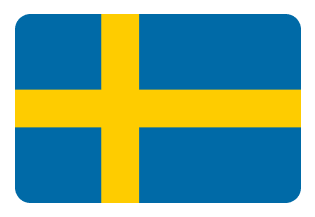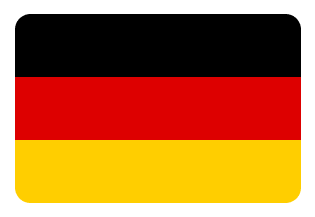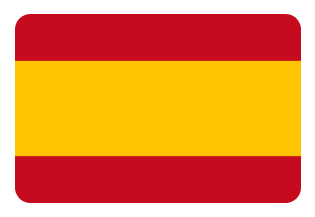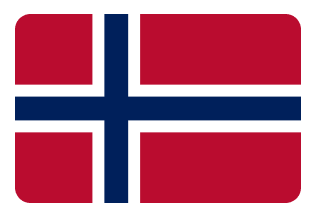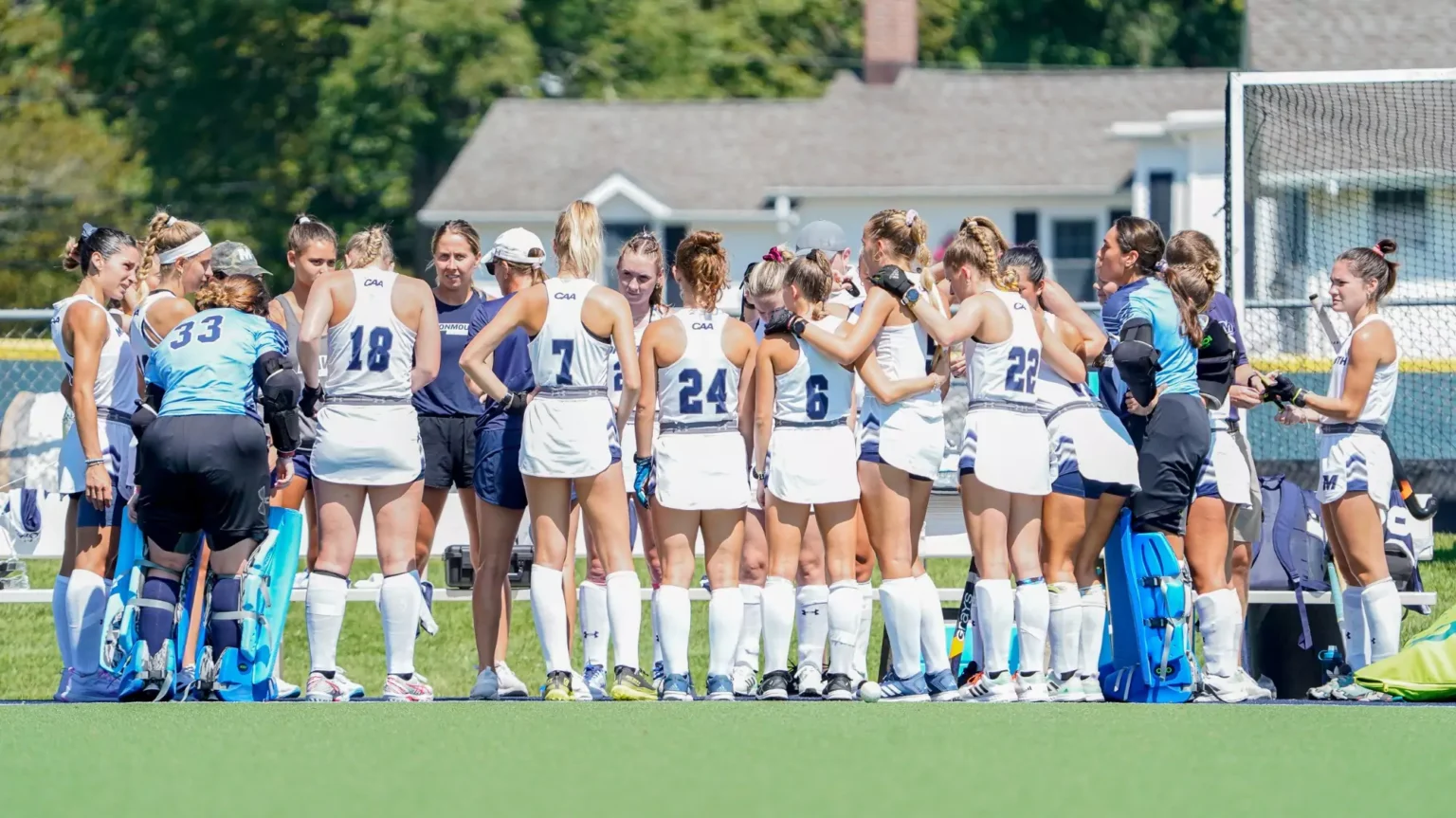
From College Field Hockey Player to Volunteer Coach
Gain exclusive insight into being a volunteer coach for a college field hockey team!
As a student-athlete, there are various exciting career opportunities after graduation. One path is becoming a volunteer coach for a college team. Get an exclusive insight into being a volunteer coach for a college field hockey team in Maite’s article—one of Keystone Sports’ sports and education consultants.
Hi,
I am Maite and I work for Keystone Sports as a sports and education consultant. My job is to consult and place our athletes in a university in the U.S. Outside work, I play field hockey in the 1. Bundesliga for HTC Uhlenhorst.
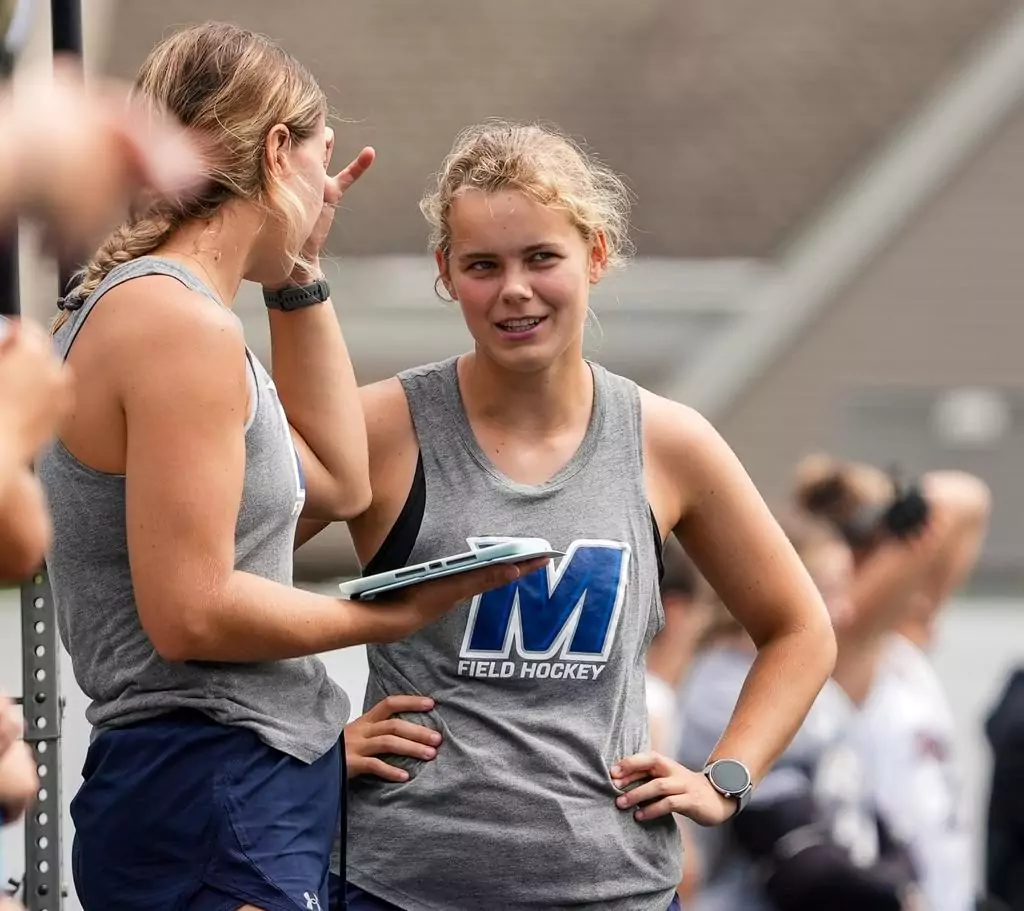
Studying in the USA with a Field Hockey Scholarship
From 2017 to 2021, I was a student-athlete at Virginia Commonwealth University in Richmond, Virginia. I studied and played college field hockey for the Rams for four and a half years on a field hockey scholarship.
I had an incredible experience while playing field hockey at college. I could combine my passion while studying and securing a degree. I got the opportunity to make new friendships with people around the world and travel around the country. I also became a more confident and independent person.
As an international student, you must be prepared to step into a new environment. This means to join and practice with a new team & coaches, using a different language and being far from home. In other words, you will be both challenged and supported as a student-athlete.
It is not always easy to combine school and studies. With good time management and support system (coaches, teammates, advisors, professors etc.) it is more than doable. What I liked the most with studying in the USA were the college life and the amazing support for athletes practicing college sports.
Why Volunteer Coaching a College Field Hockey Team
I have a big passion for field hockey, but I am well-connected to the American college sport due to my job and my own experience as a student-athlete. So, I knew I wanted to come back and experience a field hockey in the US again. I was not allowed to do it as a player (eligibility-wise), so I had to do it as a field hockey coach. At this time, I worked part-time and remotely, which allowed me to be flexible with times and locations.
Through my job, I know many great coaches and field hockey college programs in America, so it was not an easy decision on where to go. In the end, I chose to go to Monmouth University in West Long Branch, New Jersey. The reasons were my good and genuine connection with the MU coaches and their level of experience. Besides, the location near the beach and the different campus setting compared with VCU inspired my decision. MU has a traditional campus setting and is much smaller. Overall, it was a great fit for me.
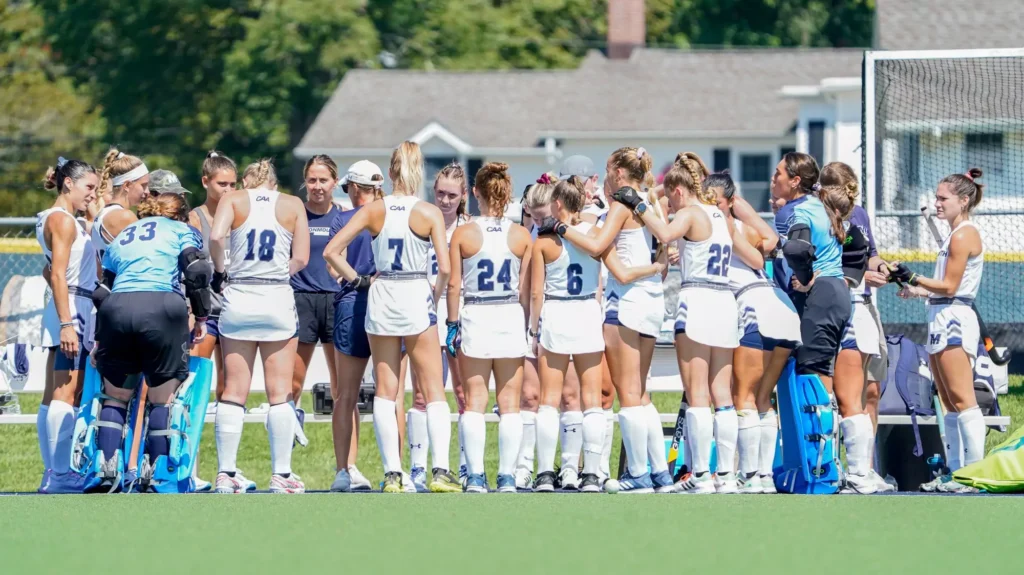
Field Hockey Season Kick off!
The team and I started preseason on the 10th of August with a couple of meetings and a photo shoot for the players. On the 11th, we “officially” started the preseason with two practices per day, scrimmages, joint lunches, and dinner. This serves as a preparation phase for MU field hockey players. The players get to know each other on and off the field, implement tactics and strategies from coaches, develop their skills, and face mental and physical challenges.
Our preseason ended on the 21st. The coaching staff organized team activities to boost relationship building within the team. This included candle making, hanging out at the beach, and dinner at Carli’s (head coach) house.
My typical day during preseason:
6:45am: wake up
7:40am: meet with other coaches at the field to discuss and prepare drills
8-11am: practice
12pm: lunch
1-3pm: discuss drills for the afternoon session, take a nap, relax
3-6pm: practice
6-6:30pm: coaches talk about practice sessions and how everyone is doing
7pm: dinner
Early in the season, we had some tough games against top college teams like UConn and Syracuse. These games taught us some valuable lessons for the rest of the season. With a fairly young team and only four returning starters from last season, we faced some challenges in the beginning. As we continued throughout the season, we improved on a lot of things such as marking in the circle, 1 vs. 1 defending and having someone at the post. We ended the regular season with an 11 to 5 record and won the NCAA Regular Season Championship.
My typical day during season:
6am: wake-up
6:40: work out (lifting or running)
7:30-8am: individual practice sessions
8-11am: practice with the team
11-11:30am: coaches discussions
12-4:30pm: work and study
5-6pm: go to the beach/beach walks
6:30-10pm: cook and eat dinner, watch TV, read a book
10pm: go to bed
The Field Hockey Player vs. Coach Experience
Coaches and players share the goal of achieving success on the field (not only in terms of winning). But we have distinct roles and responsibilities.
One of the hardest things for me was not actively playing in the games and mostly at practices too. Instead, as a coach, I observed and strategized from the sideline and provided guidance and instruction to the players. It was a different perspective, but it was fun to step into a new role. I could see players implement my feedback and develop their skills over time.
Another difference was leadership and decision-making. As a coach, I cannot make decisions for players on the field. However, we gave them the tools to make good decisions through video analysis, analysis of the opponent’s gameplay and key players, determining our game plan, and so on. Furthermore, we were able to influence the game through substitutions and in-game coaching.
One thing I underestimated as a player is the planning process of practices and why coaches come up with certain drills. Before and after every field hockey practice, our coaching staff met to discuss and come up with drills to work on our weaknesses as well as assess the team’s and individuals’ progress. Sometimes it means for players to do less fun drills and work on skills that need to be worked on.
Additionally, I felt more responsible for inspiring and encouraging my players and help them to overcome challenges. As a coach, you have a lot of power to positively influence your players. For me, it was a very rewarding feeling to have an impact on players and see their progress throughout the season.
Final Thoughts on Being a Field Hockey Coach in the US
Next to the experience of studying with a field hockey scholarship in USA, coaching a college team at MU has been one of my top experiences. During those two months, I gained a lot of new insights into the coaching world and got some valuable tips from the other coaches. I also realized why coaching is so fun and fulfilling. I got to make an impact on the players, form relationships with them and the other coaches, face challenges and tackle them. I also got to celebrate success with the team and share my passion for field hockey.
It was an incredible journey from knowing no one to stepping out of my comfort zone and making new friendships and adding another “home”. I am very grateful for my time at Monmouth and the welcomeness of the players, their parents, and the other coaches. Besides coaching, I also got to explore a new place and spend a lot of time at the beach, which was fun.
This experience showed me again that the college sport in the U.S. connects people from all over the world and lets you be part of another family.
Share this article:

About the author
Paulina Romo
Paulina Romo, SEO Specialist at Keystone Sports, holds a Master’s degree in Business Administration and has a background in equestrian sports, specializing in dressage. Shaped by international experience gained from work and studies in Sweden, South Korea, Germany, and Spain, Paulina brings a diverse blend of marketing skills and perspectives to her role.
More related articles
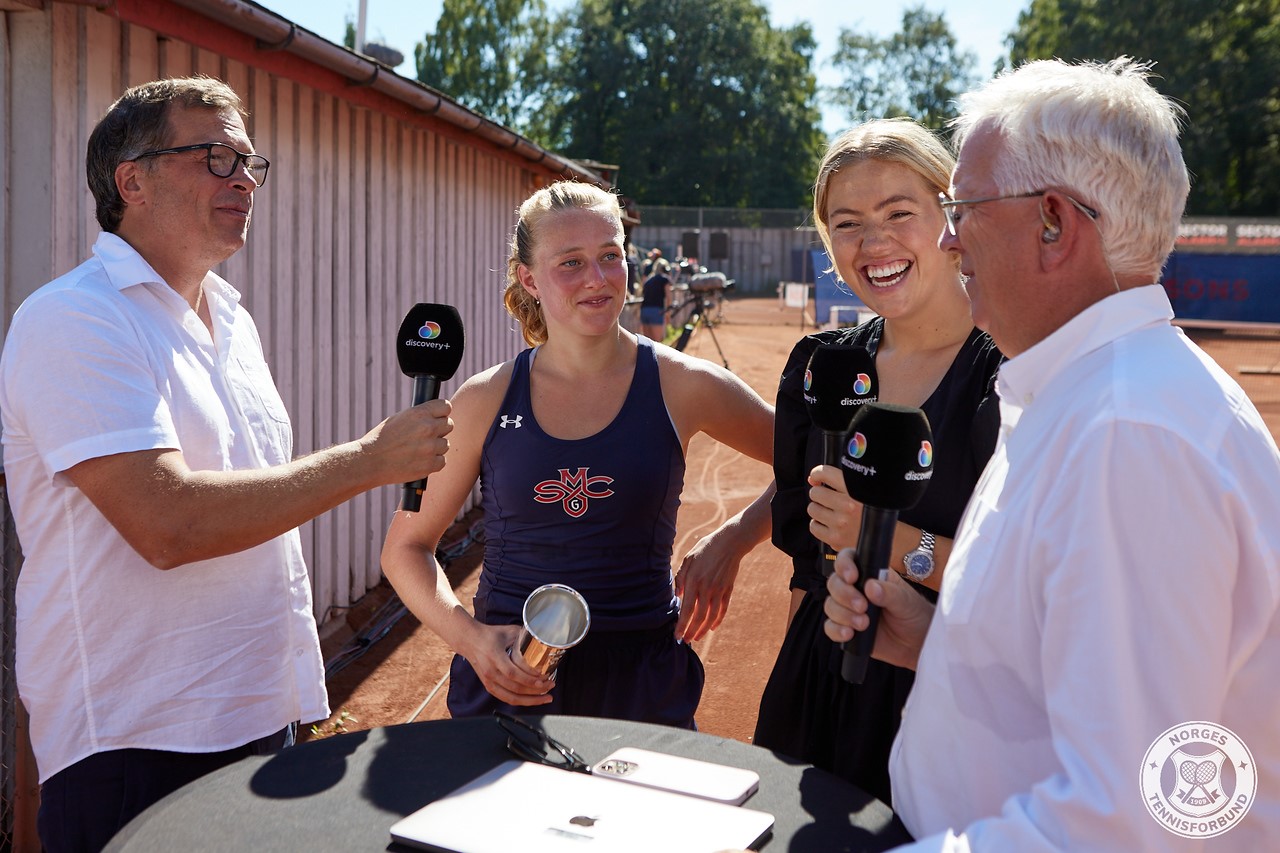
Bolkesjø Hovda national tennis championship winner
Lene Mary Bolkesjø Hovda, currently a student-athlete on a tennis scholarship, is the new champion of the Norwegian Tennis Championship!
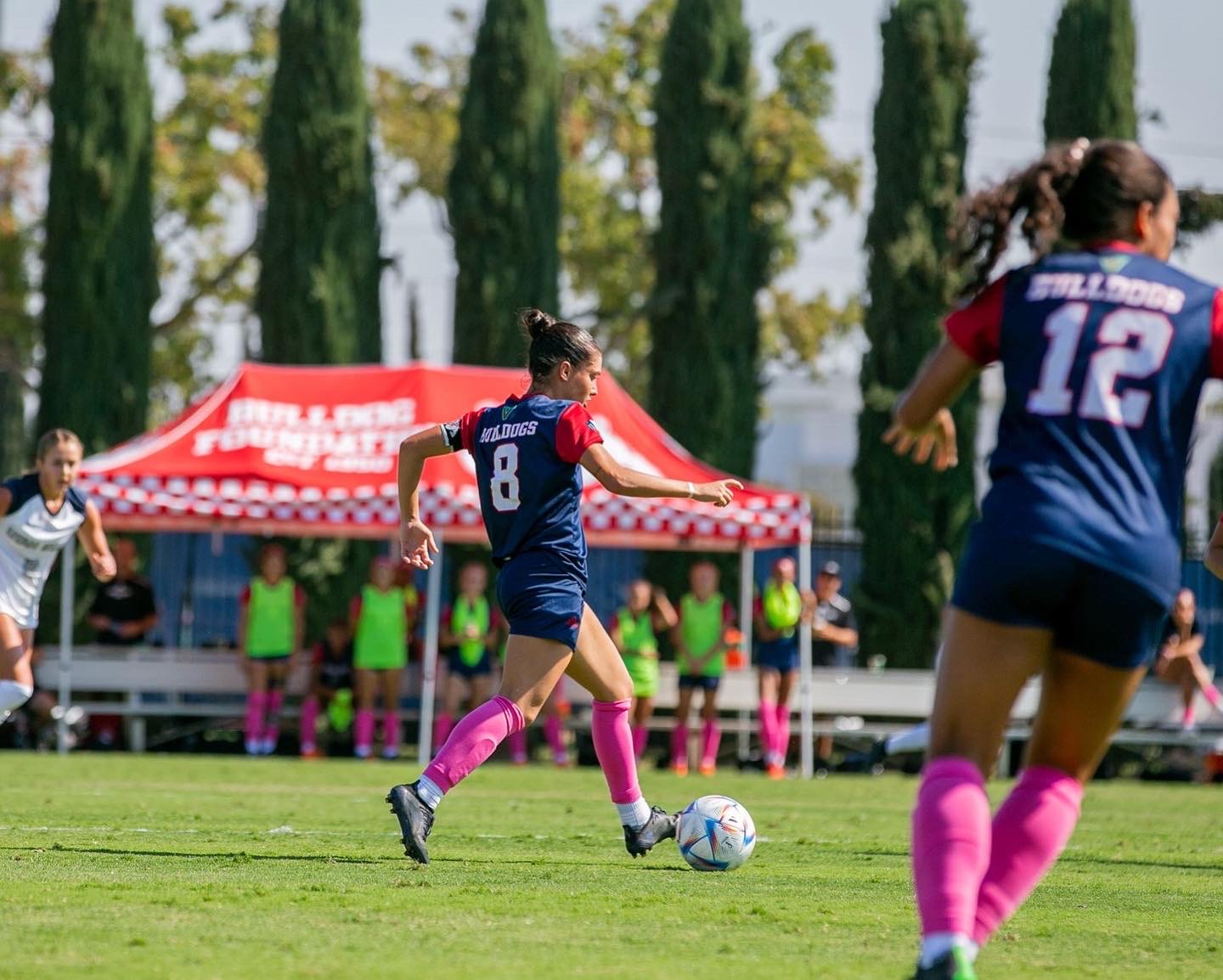
My Experience In Women’s College Football In The United States
Discover how women’s football scholarships in the United States offer unique resources, opportunities, and support. Student-athlete Lorena Montañés shares her firsthand experience and compares women’s football in the US and Europe.
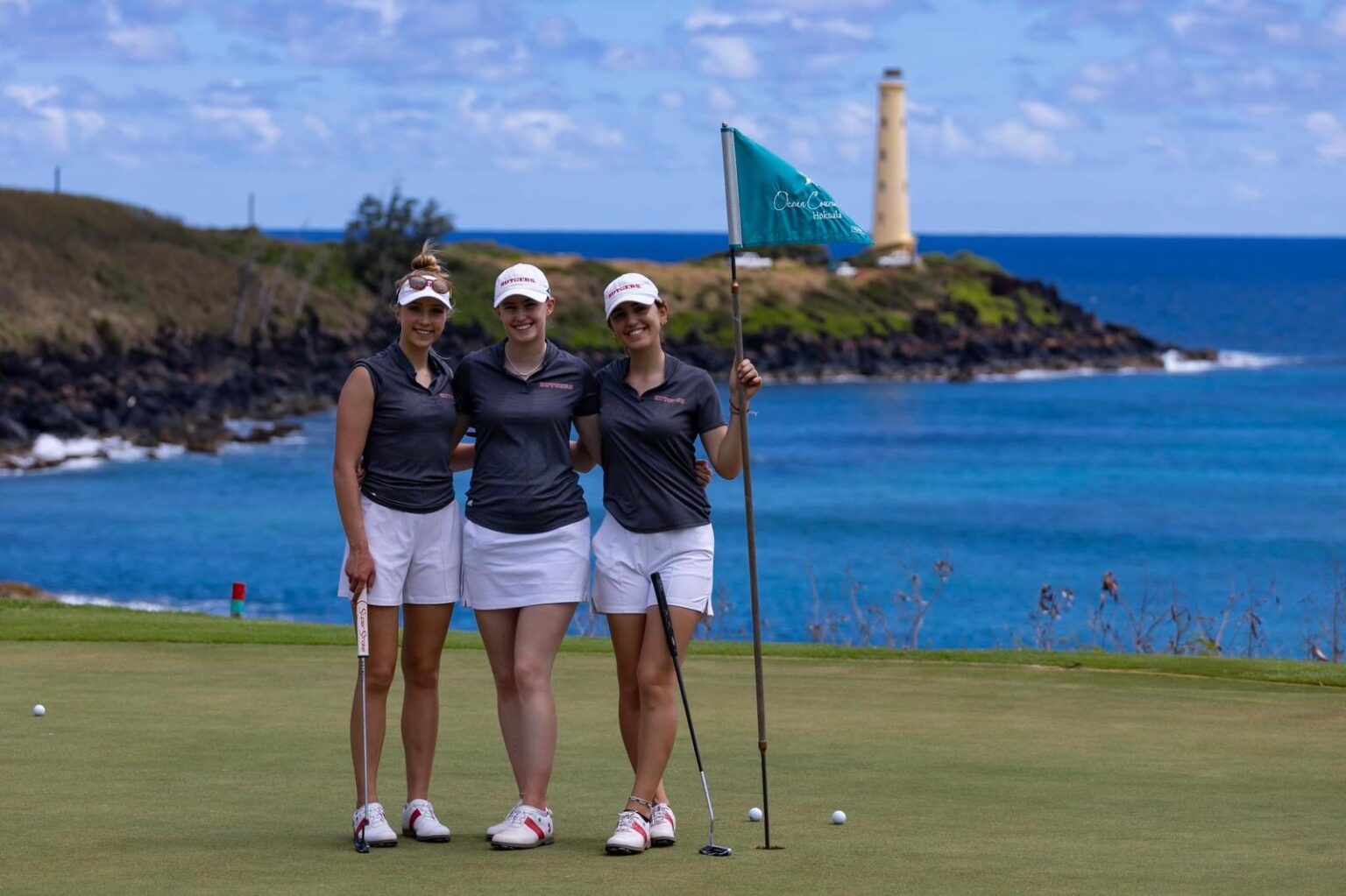
College Golf Spring Break: From Kiawah Island to Hawaii
Women’s golf is one of the most popular sports at universities in the US. But what is it like to be a college golf student-athlete? You get to travel and compete in incredible locations – like Kiawah Island and Hawaii!
